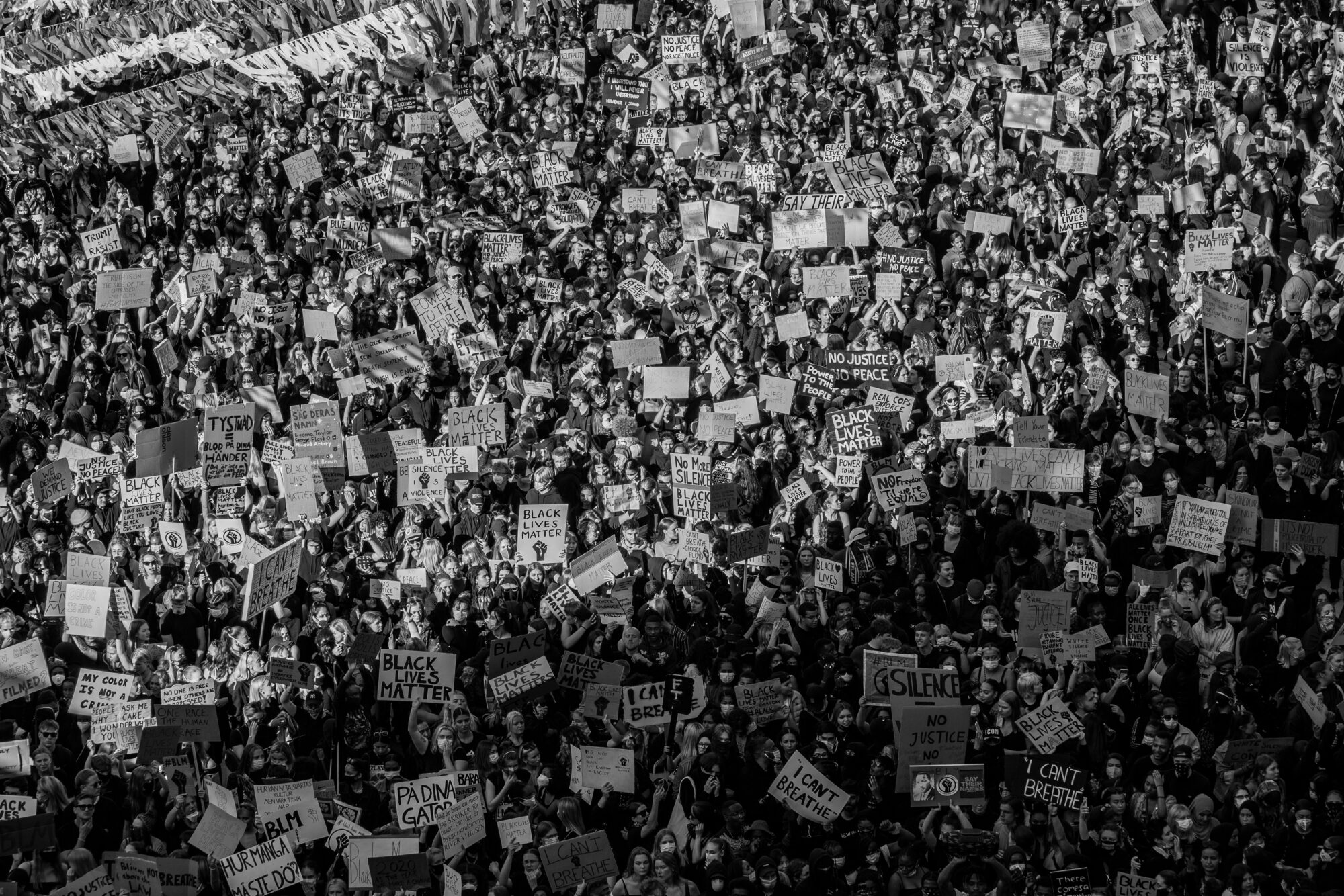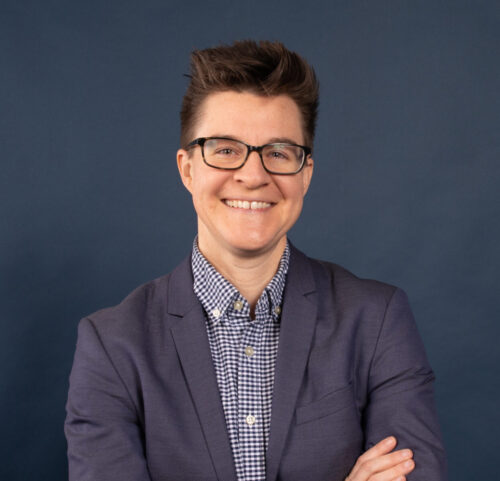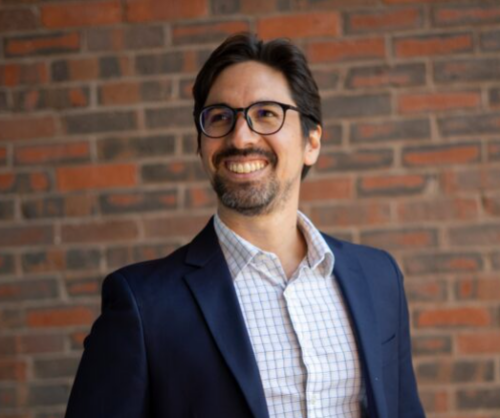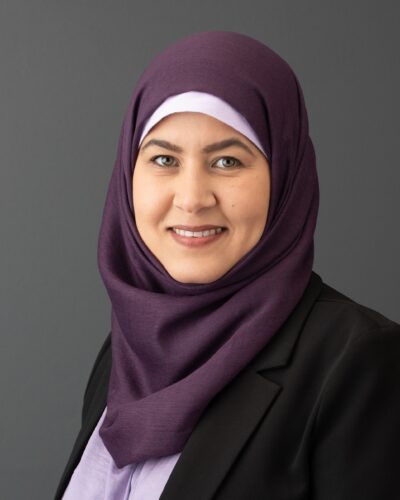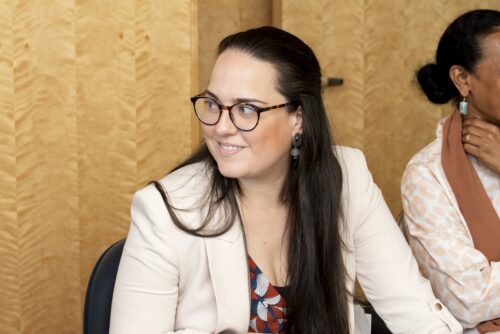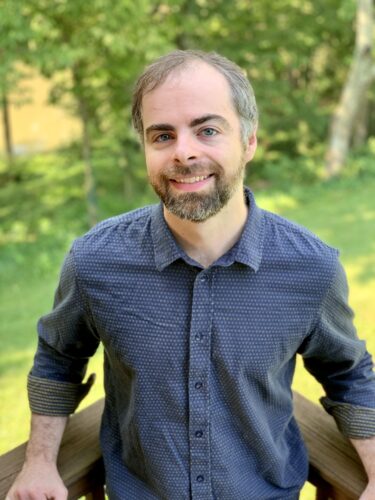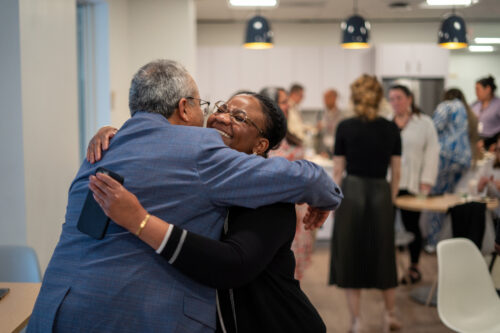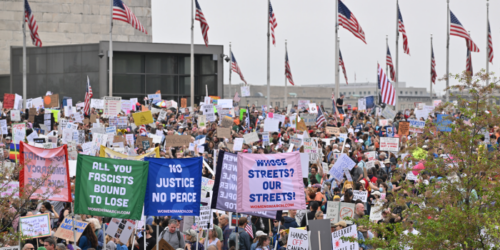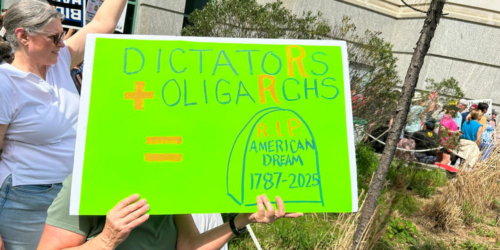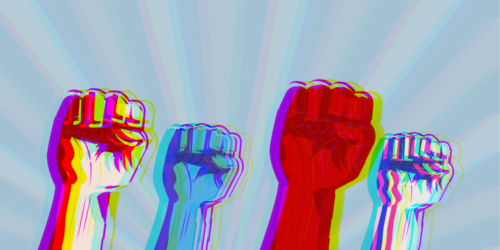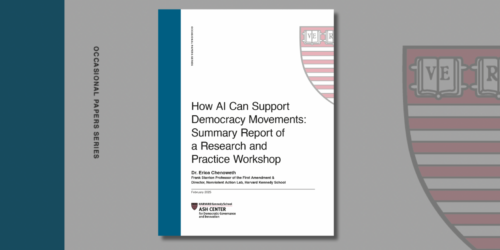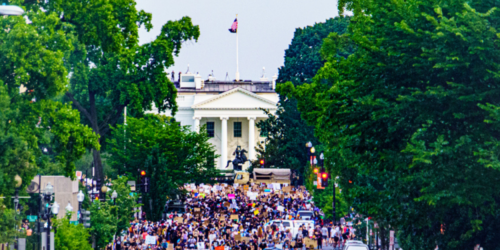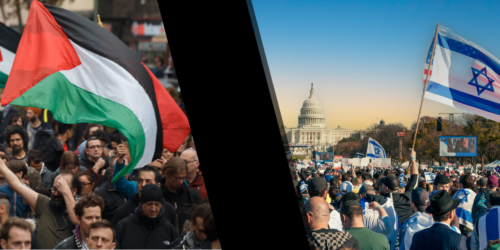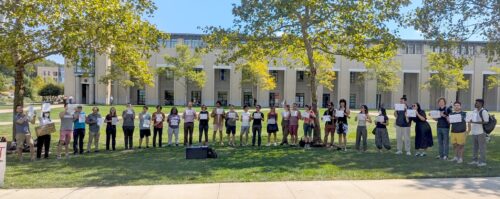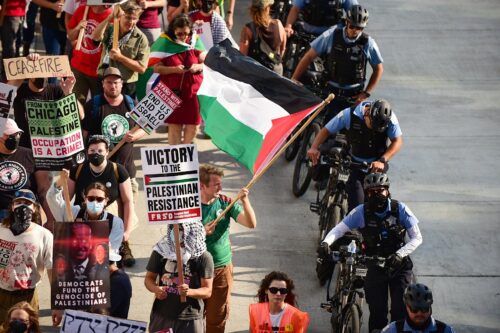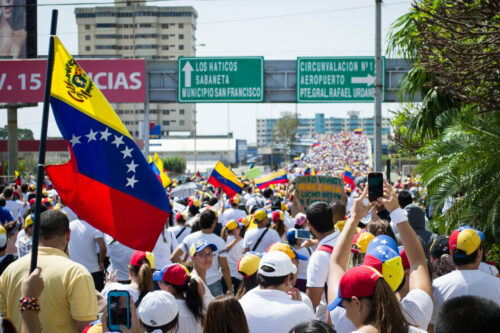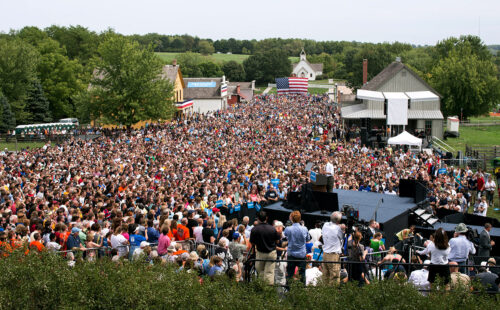
Matthew Cebul
Lead Research Fellow for the Nonviolent Action Lab, May 2025 - April 2026
Understanding how nonviolent action can achieve democratic aims.
Crowd Counting Consortium, Nonviolent and Violent Campaigns and Outcomes Data Project, Women in Resistance Data Project
Nonviolent resistance movements defended democratic values and institutions throughout the 20th century and into the 21st. However, the trend seems to have shifted. Over the past decade, authoritarian backsliding has occurred across the globe, and mass movements demanding democracy have been defeated in about 90% of cases since 2010.
The Nonviolent Action Lab is an innovation hub for research on advancing democracy worldwide through civil resistance. The Lab produces and disseminates up-to-date knowledge on nonviolent action, how it works, global trends in success and failure, trends in political violence and state repression, and analysis of these trends.
“Authoritarianism is winning — particularly against pro-democracy movements. Movements need a new playbook for responding to these developments![]()
Erica Chenoweth
Frank Stanton Professor of the First Amendment
The AI and Democracy Movements Project explores the impacts of AI on the strategy, operations, and outcomes of pro-democratic social movements.
The new Nonviolent Action Lab Podcast brings you the latest research, insights, and ideas on how nonviolent action can — or sometimes fails — to transform injustice. Each week, Nonviolent Action Lab’s Jay Ulfelder welcomes experts from the field, scholars, organizers, and advocates to discuss nonviolent movements around the world. Find new episodes listed below, via Simplecast, or on your favorite podcast platform.
Lead Research Fellow for the Nonviolent Action Lab, May 2025 - April 2026
Frank Stanton Professor of the First Amendment
Democracy Visiting Fellow, AY2024-2026
Research Project Manager, Nonviolent Action Lab
Fellow, Nonviolent Action Lab
Democracy Visiting Fellow, Reimagining Democracy Program, AY2024-2025
Postdoctoral Research Fellow, Nonviolent Action Lab, AY2025-2026
Research Fellow, Spring 2025
Research Associate, Crowd Counting Consortium
In-Person Event
Ash Center Foyer, Suite 200, 124 Mount Auburn Street
4:00 pm – 6:00 pm EDT
Feature
Contrary to conventional wisdom, the size and scale of anti-Trump protests this year have dwarfed those in 2017, and they have been extraordinarily peaceful. This article was originally published in Waging Nonviolence.
Commentary
Matthew Cebul and Sharan Grewal explain that dictators around the world have been emboldened by the Trump administration’s abandonment of democracy and human rights norms, but crackdowns may spark stronger and more unified pro-democracy movements.
Commentary
Drawing from her experience deploying an AI-powered chatbot to share accurate voting information during Venezuela’s recent election, Isabella Picón explains how AI technologies can enhance electoral participation and support pro-democracy movements.
Commentary
Freddy Guevara offers a fundamental playbook for social activists on how to augment advocacy efforts with artificial intelligence technologies
Feature
Building effective channels for the interaction between AI developers and activist communities is critical for innovating social mobilization and strengthening civil society.
Feature
Erica Chenoweth shares a brief addendum to the Nonviolent Action Lab’s workshop held in December 2024 on how AI can influence social mobilization, for better or worse.
Occasional Paper
Democracy movements are struggling to challenge autocratic governments, partly due to the changing technology landscape. This report by Erica Chenoweth summarizes a December 2024 workshop on the specific issue of AI adoption within democracy movements and offers some key recommendations.
Video
In this webinar, panelists drew upon lessons from around the world about how civil society groups can protect and promote democracy and the rule of law during episodes of democratic backsliding.
Article
From 7 October 2023 to 7 June 2024, the Crowd Counting Consortium recorded nearly 12,400 pro-Palestine protests and over 2,000 pro-Israel protests in the United States.
Podcast
Host Jay Ulfelder and Hardy Merriman discuss Merriman’s latest guide, titled Harnessing our Power to End Political Violence, which empowers people from all over the country to band together and support democracy by rejecting acts of political violence.
Podcast
In Episode 7 of the Nonviolent Action Lab podcast, host Jay Ulfelder sits down with Professor Paul Passavant to discuss Passavant’s 2021 book, Policing Protest: The Post-Democratic State and the Figure of Black Insurrection.
Commentary
Crowd Counting Consortium data show a resurgence of pro-Palestinian activism at U.S. colleges and universities as students have returned to school and started probing the limits of new restrictions on campus protests.
Commentary
Podcast
In this episode, host Jay Ulfelder sits down with Nonviolent Action Lab Research Fellow Freddy Guevara to discuss the outcome of Venezuela’s elections and what that means for the state of democracy in the country.
Commentary
This post uses the Crowd Counting Consortium’s data on U.S. protest activity since 2017 to estimate and compare the average size of the crowds at political rallies featuring Donald Trump, Joe Biden, and, since late July 2024, Kamala Harris.
